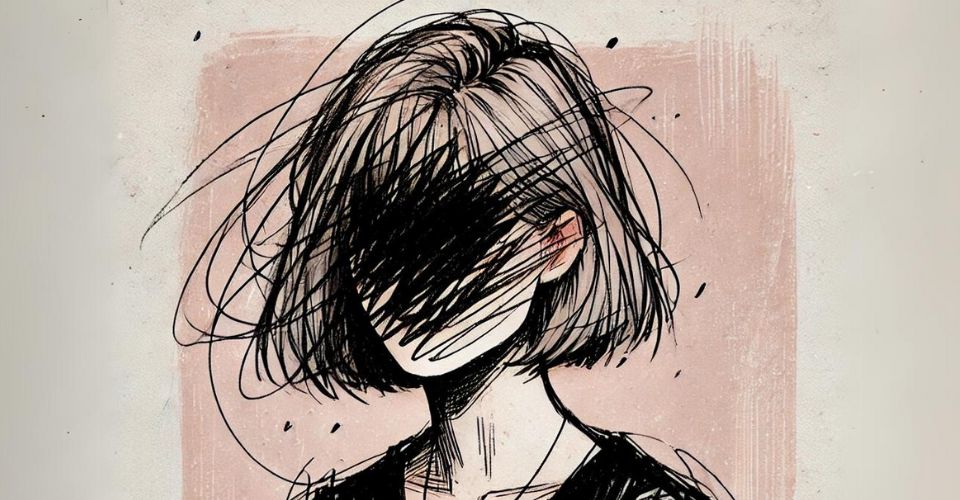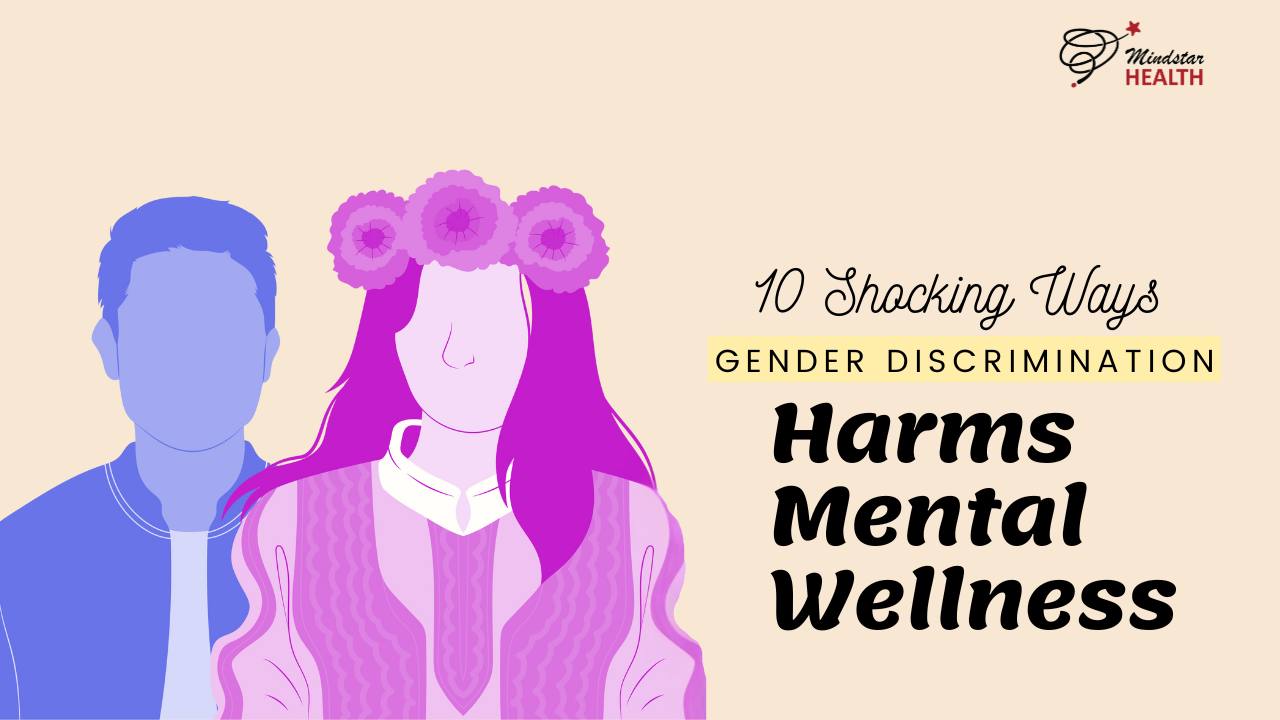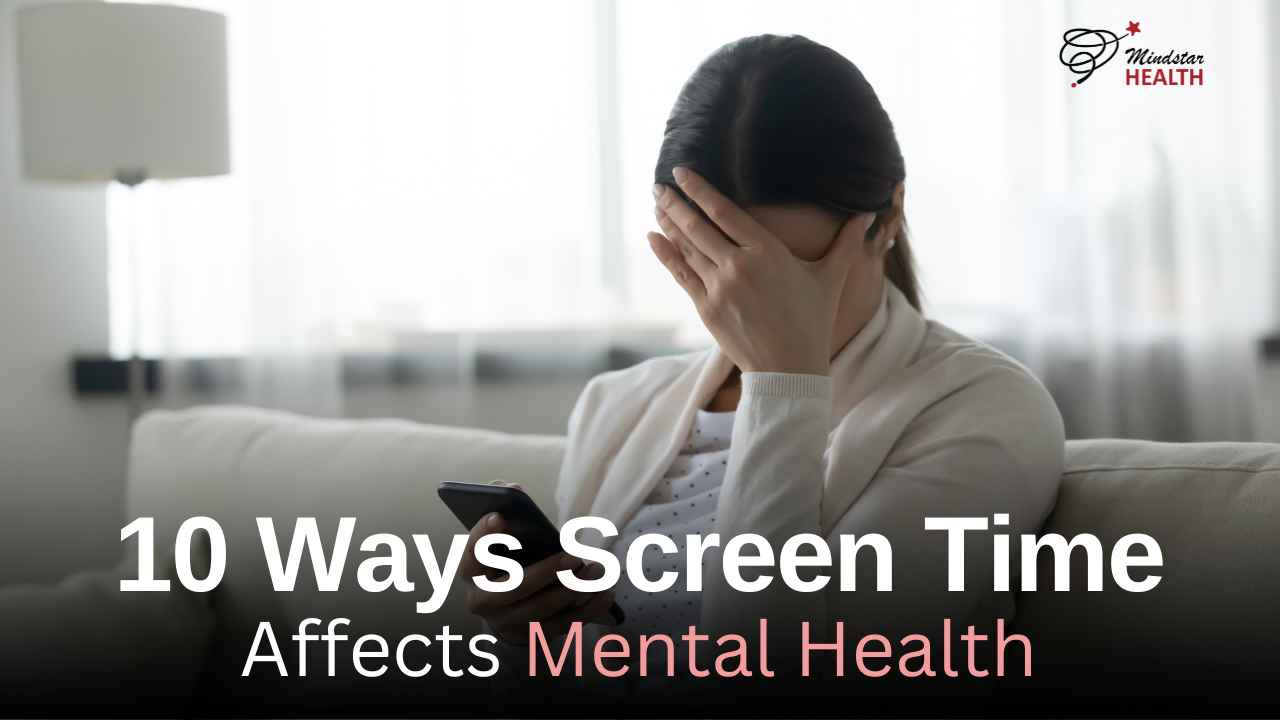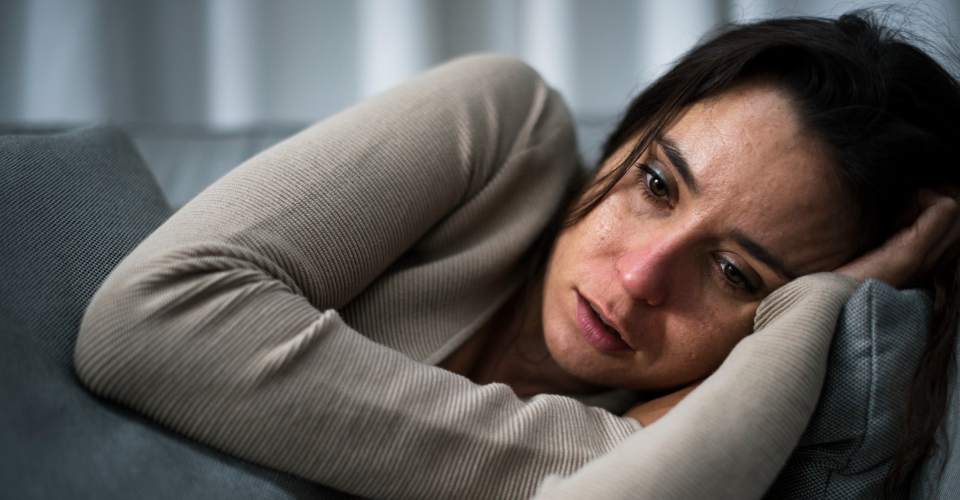Nervousness, a fundamental aspect of human experience, involves feelings of worry, unease, or fear regarding future events or circumstances. While occasional nervousness is natural, an overwhelming sense of it can be debilitating. This comprehensive guide offers valuable insights on how to understand, address, and manage these feelings in an effective way.
When to Seek Anxiety Treatment
It’s important to recognize when feelings of unease shift from being a typical emotional response to becoming a disruptive issue. These feelings require attention and support when they:
- Lead to constant and excessive worry or fear
- Disrupt daily tasks and responsibilities
- Cause avoidance of certain situations or places
- Result in physical symptoms such as headaches, muscle tension, or digestive discomfort
- Affect sleep and focus
- Decrease the overall quality of life
If left unaddressed, these feelings can evolve into more severe mental health challenges, social withdrawal, and hindered functioning.
Understanding Anxiety and Its Persistence
Stress triggers a natural response in the body, often leading to a fight-or-flight reaction that helps us navigate or escape dangerous situations. However, when this response becomes overactive or fails to function properly, it can result in long-term states of distress. Certain conditions, such as panic disorder, social phobia, and generalized distress, are specific examples of this. While some forms may be temporary, others need ongoing management to prevent them from becoming overwhelming.
Comprehensive Treatment Approaches
Psychotherapy
Cognitive Behavioral Therapy (CBT): CBT is a goal-oriented, short-term therapy that targets negative thought patterns and behaviors. It helps individuals recognize the links between their thoughts, emotions, and actions, while teaching them practical coping mechanisms to address distressing symptoms.
Exposure Therapy: A subtype of CBT, exposure therapy is particularly effective for phobias and panic-related issues. It involves gradual exposure to the feared object or situation, helping to reduce the fear response through desensitization.
Read more about Cognitive Behavioral Therapy here
Medication:
- Selective Serotonin Reuptake Inhibitors (SSRIs): These are the most frequently prescribed antidepressants, helping to increase serotonin levels in the brain. This, in turn, boosts mood and reduces negative feelings.
- Benzodiazepines: Fast-acting sedatives that offer temporary relief but carry a risk of dependence with prolonged use.
- Serotonin-Norepinephrine Reuptake Inhibitors (SNRIs): Another class of antidepressants that can be effective in managing symptoms related to stress and mood.
Lifestyle Approaches:
Healthy Diet: Maintaining a balanced diet can positively influence mood and energy levels, supporting overall well-being.
Exercise: Engaging in regular physical activity helps reduce feelings of distress by triggering the release of endorphins, improving sleep, and enhancing self-esteem.
Mindfulness and Meditation: Techniques that help individuals focus on the present moment, minimizing excessive worry about future events.
Read more about meditation and mindfulness here
Alternative Therapies
Yoga: This practice integrates various physical postures, breathing techniques, and meditation to reduce stress and promote relaxation, helping to ease discomfort and emotional tension.
Acupuncture: Research has indicated that acupuncture may contribute to relieving emotional discomfort and promoting a sense of well-being.
Consequences of Untreated Anxiety
Untreated feelings of unease can lead to several negative consequences, including:
Panic Attacks – Sudden, intense episodes of fear, often accompanied by physical symptoms.
Depression – Feelings of unease can co-occur with depression, worsening both conditions.
Chronic Pain – Tension and stress from unease can contribute to headaches, back pain, or other persistent pain issues.
Memory Problems – Ongoing unease can affect memory and cognitive functioning.
Sleep Disorders – Difficulty falling or staying asleep, often resulting in insomnia.
Substance Abuse – The use of drugs or alcohol as a coping mechanism for mental health struggles.
Anxiety Treatment: First Line Steps
The initial approaches for treating anxiety disorders often involve a combination of medications and therapies like Cognitive Behavioral Therapy (CBT). CBT proves effective as it helps individuals alter their thoughts and behaviors that may lead to distressing feelings, ultimately assisting them in better managing their reactions. Medications such as SSRIs and SNRIs are commonly prescribed alongside therapy to provide comprehensive support in treating the disorder.
Read more about Psychotherapy here
A Closer Look at Psychotherapy and Medication
Cognitive Behavioral Therapy (CBT):
- Cognitive Restructuring: This involves recognizing and challenging negative or irrational thoughts.
- Behavioral Activation: This approach encourages participating in activities that uplift mood and minimize avoidance.
- Mindfulness-Based CBT: This incorporates mindfulness techniques to help manage distressing thoughts and emotions.
Medication:
- SSRIs: These include medications such as sertraline (Zoloft), fluoxetine (Prozac), and citalopram (Celexa).
- SNRIs: These include medications like venlafaxine (Effexor) and duloxetine (Cymbalta).
- Benzodiazepines: Medications like alprazolam (Xanax) and lorazepam (Ativan) are used for short-term relief.
Natural Approaches & Lifestyle Changes That Can Promote Emotional Well-being
Social Interaction: Staying connected with others can provide support and reduce feelings of isolation.
Deep Breathing: Practicing diaphragmatic breathing can help activate the body’s relaxation response.
Physical Activity: Engaging in regular exercise, such as walking, running, or yoga, can alleviate stress and promote a sense of calm.
Helping Someone with Anxiety
Supporting someone who is experiencing overwhelming feelings can include encouraging them to reach out for professional assistance, participating in regular physical activities together, and providing a supportive environment where they can share their thoughts openly without the fear of judgment. It is essential to refrain from criticizing their emotions or actions, particularly when their reactions may seem irrational. Such criticism can be counterproductive and might worsen their state, making them feel misunderstood. Therefore, it’s important to approach the situation with empathy and understanding, as this helps in offering the right support during challenging times.
The Role of Exercise in Anxiety Treatment
Exercise is a highly effective way to cope with feelings of unease because:
- Releasing Endorphins: These natural brain chemicals boost mood and promote a sense of well-being.
- Reducing Muscle Tension: Engaging in physical activity helps to loosen up muscles, relieving built-up tension.
- Improving Sleep: Consistent exercise contributes to improved sleep quality, which can be negatively affected by stress.
- Providing a Sense of Control: Establishing an exercise routine gives structure to the day and fosters a sense of achievement.
Can Anxiety Be Cured?
Disorders related to excessive worry are often long-lasting, although many individuals experience substantial relief through proper treatment. Psychotherapy, particularly Cognitive Behavioral Therapy (CBT), helps individuals develop strategies for managing these challenges, while medications help control symptoms. Even with a certain level of worry, the right treatment approach enables people to lead fulfilling lives. Seeking professional help to address fears or phobias can increase confidence, allowing individuals to carry out their daily tasks without feeling overwhelmed. This proactive approach helps people face their greatest fears head-on, instead of letting them control their actions.
Constant worry may sometimes lead to depression, as individuals find themselves anxiously contemplating whether something negative might occur. These irrational thoughts often appear unpredictably, causing confusion and mixed emotions, even in the absence of any apparent cause for concern.
People prone to excessive worry may also risk becoming reliant on medication to manage panic attacks, particularly during stressful times. However, some alternative therapies could provide beneficial options for relief.
Conclusion
Managing anxiety involves understanding the condition, finding the right care, and making lifestyle adjustments. By combining psychotherapy, medication, and natural methods, individuals can effectively manage their symptoms and improve their overall quality of life. Seeking help and incorporating these strategies can lead to a healthier, more balanced life, helping to reduce overwhelming feelings and promote well-being.
Frequently Asked Questions
What are the common symptoms of anxiety disorders?
Anxiety disorders often manifest as excessive worry, restlessness, fatigue, difficulty concentrating, and physical symptoms like increased heart rate or muscle tension.
Can lifestyle changes really help manage anxiety?
Yes, incorporating regular exercise, practicing mindfulness or meditation, maintaining a healthy diet, and ensuring adequate sleep can significantly reduce anxiety symptoms.
How long does it take for therapy or medication to work for anxiety?
Therapy, like CBT, often shows benefits within 12-16 weeks, while medications such as SSRIs may take 4-6 weeks to start reducing symptoms.





















